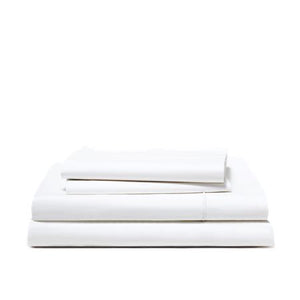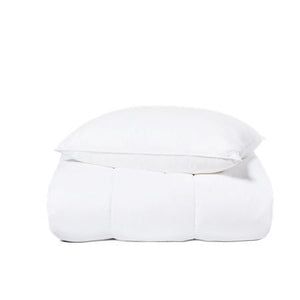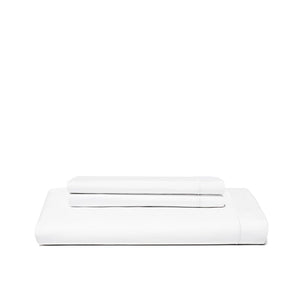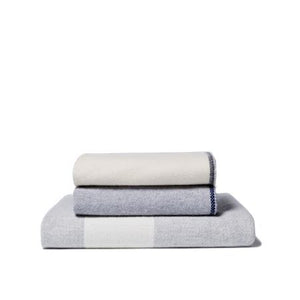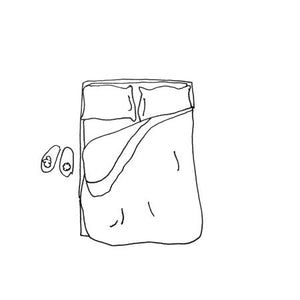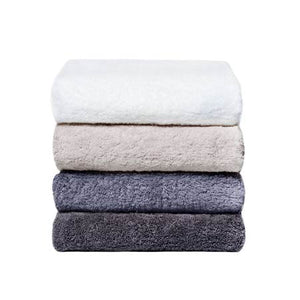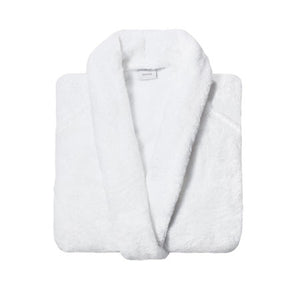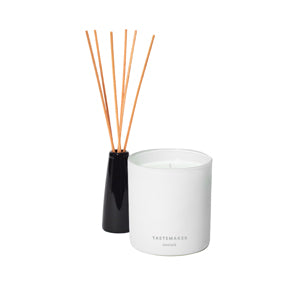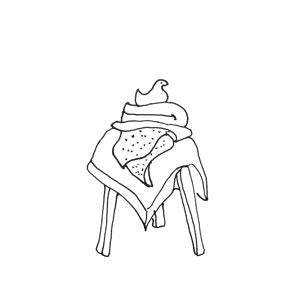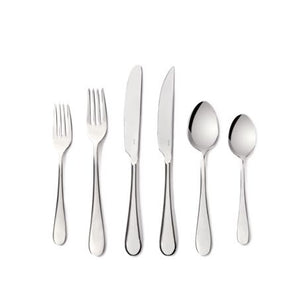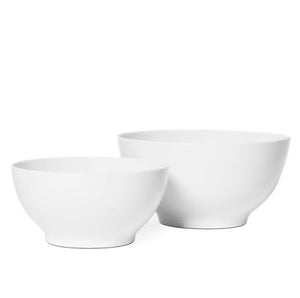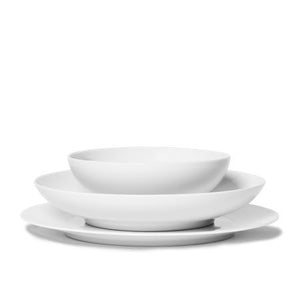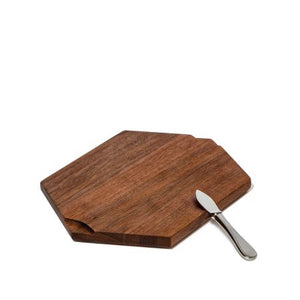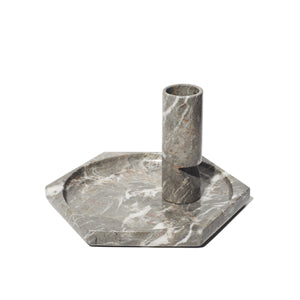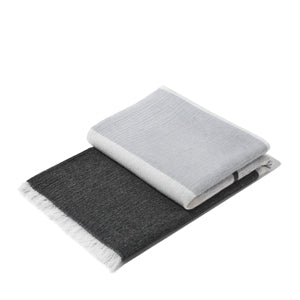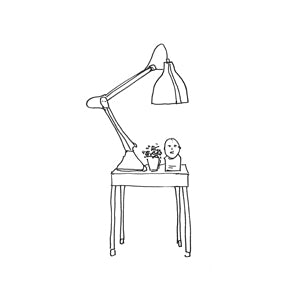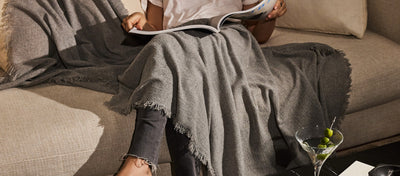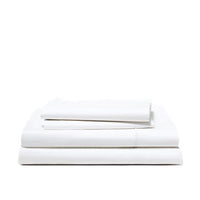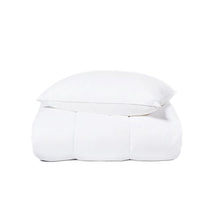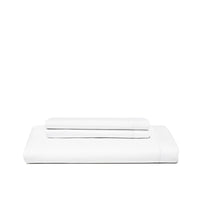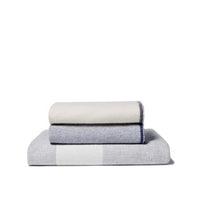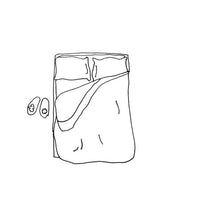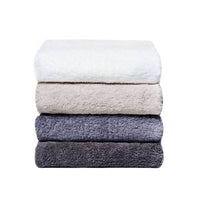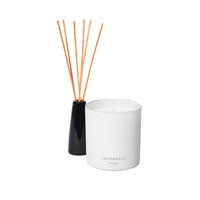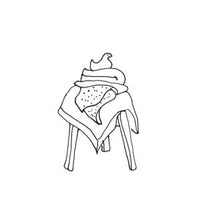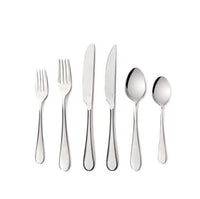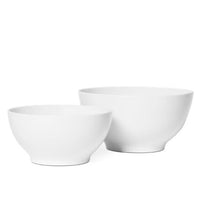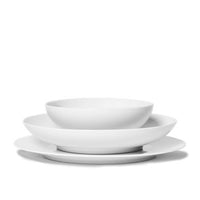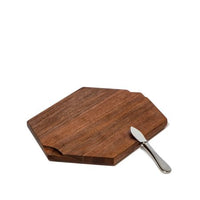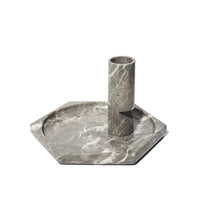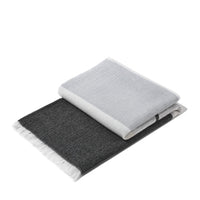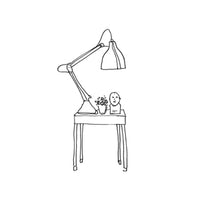
We’re Tired Of The Pink Tax
And here’s what we’re doing about it.
...
It started innocently enough, with a giant stuffed penguin. Years ago, our co-founders Rachel Cohen and Andres Modak found themselves shopping for a friend’s child and chose an oversized stuffed penguin off the rack for the birthday boy. And then, for fun, another penguin, dressed in pink, for his sister.
Less fun: The receipt revealing that the penguin in pink rang in at a cool 7.8% higher than the blue one.
It was the pink tax at work – the backwards, yet (mostly) under-the-radar practice of brands and retailers marking up products marketed to women and girls by an average of 7%. You’ve seen it – the pink razors priced above the grey ones, the dry cleaning rates that differ for men’s versus women’s oxfords.
Spending a little more money here and there certainly adds up (to about $1,351 per year). But most of all, it adds to the supreme unfairness that seems to trail any conversation about women and money – especially the egregious statistics on women (particularly women of color) making a percentage of what men do.
Fast forward to this year, with SNOWE shoppers writing in with requests for a new colorway for our award-winning bedding. The people spoke, and the people wanted pink.

Cue our launch of Blush – a subtle, neutral-leaning pink – with a reverse pink tax. A 7% discount as a small settlement for all the times pink-lovers had to pay more. As a company devoted to gender-neutral home essentials – and powered by a team that’s over 60% female-identifying – we were excited to not just talk about an issue that matters to us, but to put our money where our mouth is and stand up to the pink tax. So our Blush bedding collection launches today, May 15th, with limited-edition pricing. You’ll see our Blush Queen Sheet Set for $184.14, a set of Pillowcases for $53.94, and $230.64 for a King Duvet Cover.

We’re reminded of the great work from Nitasha Mehta, Boxed’s head of vendor marketing, who lead the charge in eliminating the pink tax from Boxed’s site in 2016, and has since gone on to testify against unfair gender-based pricing in the House of Representatives. “Our goal has been to spur a greater conversation around pricing inequities,” she tells us. “And along with that, get other retailers and brands on board to fight with us.”
To keep that conversation going, not only are we raising our voices (and lowering our launch price), but we’ll continue to speak up when we see unfair pricing in the wild and will be writing to our local representatives in support of equality in pricing.
Congresswoman Jackie Speier introduced a bill last month that would make the pink tax illegal, and enforceable by the FTC and has seen tremendous support from dozens of fellow representatives, as well as organizations like Consumer Reports.
Clearly, we’re in good company. Rachel and Andres reached out to a handful of founder friends for their take on how they experience, reject, and think beyond the pink tax.

Why hasn’t your brand ever charged a pink tax?
"I think about explaining things to my kids: Pricing should make sense, be fair, and be non-exploitative."

When did you first learn about the concept of the pink tax and how did you feel?
"While this isn’t a new concept, it’s one that’s gotten a lot more attention in recent years. I’m frustrated that, in 2018, being a woman can dictate the price of my razor. But I’m encouraged by the fact that we’re shifting to a culture that recognizes that equality isn’t just a women’s issue. We still have a lot of work to do!"
What does a company have to gain from treating their male and female customers as equals?
"People are finally questioning fundamental assumptions about gender and those strict, binary distinctions are thankfully being erased as a result. New brands will absolutely benefit from aligning themselves with a more modern, fluid perspective on gender that reflects the beliefs and values of today's consumers, because it's so much more open and also more fun. After all it's pretty clear to me that people of all genders would be happier waking up in blush colored sheets!"

Can you share an example of a recent purchase you made that came with a pink tax?
"I picked out a blue bike helmet for my niece’s birthday this year and was shocked that the one right next to it cost nearly four dollars more. I’m hopeful that if we consciously acknowledge these discrepancies rather than pretend like they don’t exist, my niece and generations to come won’t have to deal with this."
How did you approach pricing when starting your children’s clothing brand?
One of the reasons we created Rockets of Awesome was because we believed there was a desperate need for cool, stylish, quality kids clothes that weren’t expensive. Delivering value directly to the customer – regardless of their child’s gender – is core to our mission.
How do we continue to chip away at the pink tax?
"In this day and age, it’s falling on consumers and the press to speak out and hold companies accountable. The pink tax isn’t always intentional – often brands are just pricing products according to what they see in the market. That may be ‘how it is’ but it’s not how it should be. The more we shine a light on this, the more we can all push back on unfair pricing, whether it’s contacting companies or boycotting them."


How has the rise of female-led companies contributed to the rising awareness of the pink tax?
"Some of my favorite new companies are led by incredible women. Women who, like me, have been paying that extra 7% on everything from office supplies to button-downs. When we think about our customers, we know we don’t want to fail them in that same way. And when we’re working together – with forward-thinking men as well! – we can create a new culture of treating shoppers with respect and equality."

Why isn’t the pink tax purely a women’s issue?
“Any person who cares about equality should care about this. And not just because of their mothers, wives, or daughters, but because these biases in the marketplace are insulting to everyone. The pink tax thrives off the assumption that no one is paying attention, or caring about their fellow people. That’s something worth fighting back against. That’s a human issue.”

